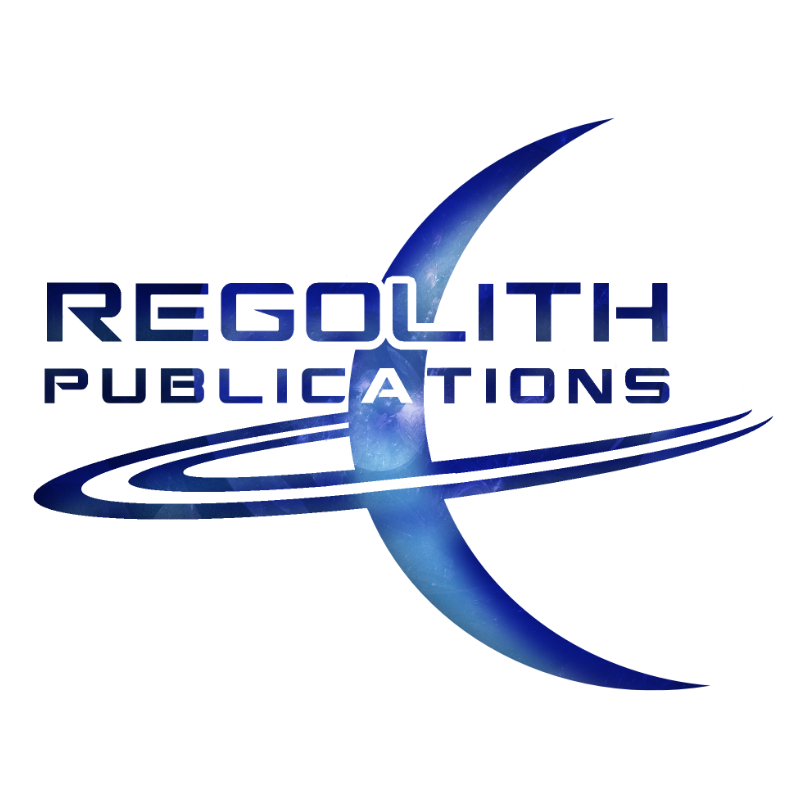 Genre Fiction: What are the Different Genres and Types of Storytelling? Broadly speaking there are various categories of storytelling. That is, if you like, genres. All a genre is, is basically a style of storytelling that has certain trademark themes. Wikipedia expounds on what genre is and means: “The most general genres in literature are (in loose chronological order) epic, tragedy,[1] comedy, novel, short story, and creative nonfiction. They can all be in the genres prose or poetry, which shows best how loosely genres are defined. Additionally, a genre such as satire, allegory or pastoral might appear in any of the above, not only as a sub-genre (see below), but as a mixture of genres. Finally, they are defined by the general cultural movement of the historical period in which they were composed. In popular fiction, which is especially divided by genres, genre fiction is the more usual term.” (Wiki) Science-fiction, for example, involves scientific premises incorporated into the storytelling. Romance novels involve, as you might have guessed, romantic situations and relationships. These broader genres can be broken down into sub-genres. Science fiction stories such as the ever popular steam-punk often involve retro-technologies like clockwork and steam machines, a type of hard science, and often times contains a bit of fantasy elements, such as magic. In fact, Miyazaki Hayao’s rendition of Diana Wynne Jones’ timeless classic Howell’s Moving Castle may be safely categorized as steam-punk, whereas the original version of the story focuses less on the technological aspects and more on the mystical. (Personally I find Miyazaki's rendition leaps and bounds more enjoyable for the very fact that by toning down the magical elements he gave the magic a more mystical quality that the original book seemed to take for granted). Speculative fiction meanwhile is an umbrella term which encompasses a broad swatch of genres and sub-genres, everything from the weird to the supernatural, by the distinguishing trait that they are overshadowed by a philosophical, more speculative, tone or message. Philip K. Dick’s writing and the work of H.P. Lovecraft would both be the perfect examples. Meanwhile straight forward science fiction stories like the Rocketeer or The Hitchhiker’s Guide to the Galaxy would be designated as what is known as Hard Sci-fi. Hard science fiction does away with the ambiguous fantasy elements and sticks to a diet of pure science (even if the science is often horribly flawed in many cases). It’s the difference, for example, between George Lucas’s Star Wars and Gene Rodenberry’s Star Trek. Or the difference between Ted Hughe’s Iron Giant and H.G. Well’s War of the Worlds. Some stories are hard to classify as either or. Frank L. Baum’s The Wonderful Wizard of Oz has both technology and high fantasy where both seem to carry equal weight in the storytelling. Stories like Return to Oz or the recent theatrical Oz The Great and Powerful can easily fit into either camp. Meanwhile, stories like J.R.R. Tolkien’s Lord of the Rings and George R. R. Martin’s Game of Thrones are purely high fantasy. Sci-fi and fantasy often blend seamlessly into pulp fiction, which hearkens back to the time of pulp magazines that used sensationalism and exploitative art (jungle girl’s in bikini’s and grotesque zombies) on the covers. Another pulp staple is that of horror, but like speculative fiction, the horror genre has, in my opinion, grown so vast that it is now an umbrella term for anything and everything that can terrify, petrify, unnerve and distress the reader/audience. Horror can also include science fiction and vise versa, the prime example being the film Alien by Ridley Scott. Many make a distinction between thriller and horror. I do not for the simple reason that the zombie genre exists—and this blurs—or bridges—the two genres in my estimation. Die hard horror fans will often claim horror has elements of the occult or supernatural. And perhaps on a statistical basis this is true. But with the recent popularity of zombie stories, both in literature and film, it seems that the harder edged sci-fi origins for the monsters makes what was traditionally a supernatural/occult monster (magically reanimated) more scientifically plausible. So are zombie stories supernatural horror with magically reanimating corpses or thrillers with a sci-fi bent? The fact of the matter is, they can be both. But we classify them under the broader label of horror, because horror (at least in my mind) means something truly horrific—like the dead reanimating and climbing out of their graves only to feast on the living--never mind the why or the how. The mixing of genres, such as Western and Science fiction, only goes to show that genre is a loose concept. At least, it should be. In reality what we are dealing with is the mixing of ideas and themes, and each time there is a new combination of specific themes incorporated into certain types of stories with certain types of ideas, a new genre is born. In this sense, genre is rather unimportant. All we really have a good stories and bad stories. But that isn’t to say genre, as a labeling device, cannot be useful. Amazon.com, for example, uses genre listings to help categorize books which cater to reader’s specific tastes and interests. And this can help a person search for something to suit their tastes much more readily than if we didn’t have such a way to list and categorize the various styles of storytelling. Of course there different ways of labeling and defining fiction genres. Following are some of the main genres as they are used in contemporary publishing (reproduced from Wikipedia): Crime Crime fiction stories, centered on criminal enterprise, are told from the point of view of the perpetrators. They range in tone from lighthearted "caper" stories to darker plots involving organized crime or incarcerated convicts. Fantasy Fantasy stories use magic or the supernatural as a primary plot element, theme, or setting. Fantasy is frequently divided into high fantasy, which is epic in scope and set in a completely fictitious world, and low fantasy, which blends reality with limited elements of fantasy. Contemporary fantasy and magical realism are somewhat analogous to low fantasy but overlap in complicated ways. Fantasy lends itself to pastiche and is often combined with other genres, making the distinction between fantasy and science fiction sometimes difficult to discern. Weird fiction, in particular, borrows liberally from fantasy, science fiction, and horror. Horror Horror fiction aims to frighten or gross out its readers. Although many horror novels feature supernatural phenomena or monsters, it is not required. Early horror took much inspiration from Romanticism, birthing Gothic horror. Modern horror, such as cosmic horror and splatterpunk, tends to be less melodramatic and more explicit. Horror is often mixed with other genres. Mystery or Detective Mystery fiction, or Detective fiction, typically involves the investigation of a crime, most often one or more murders. The term whodunit, from 'who done it?', indicates that the identity of the criminal is initially unknown, and discovering that identity is the focus of the story. The related term "whydunit" indicates that the criminal's motive is the main focus, and that their identity may be revealed early in the story. Sub-types of mystery/detective fiction include "cozy mysteries" (such as those of Agatha Christie) or "hardboiled" mysteries, where the investigator is very tough and unsentimental. Noir fiction is closely related to hardboiled, with the distinction that the protagonist is not an investigator. Romance Romance is currently the largest and best-selling fiction genre in North America.[15] It has produced a wide array of subgenres, the majority of which feature the mutual attraction and love of a man and a woman as the main plot, and have a happy ending. This genre, much like fantasy fiction, is broad enough in definition that it is easily and commonly seen combined with other genres, such as comedy, fantasy fiction, realistic fiction, or action-adventure. Same sex romantic fiction also exists. Science fiction Science fiction, although difficult to define, generally refers to plausible, futuristic stories, ranging from the rigorous hard science fiction, to social science fiction and space opera. Science fantasy occupies a middle ground between fantasy and science fiction. Alternate history is a sub-genre where, for some specific reason, the history of the novel deviates from the history of our world. Both alternate history and science fiction are often referred to, alongside fantasy fiction, magical realism and some horror fiction, under the umbrella term speculative fiction. Science fiction is frequently combined with other genres. Western Western fiction is defined primarily by being set in the American West in the second half of the 19th century and, secondarily, by featuring heroes who are rugged, individualistic horsemen (cowboys). Other genres, such as romance, have subgenres that make use of the Western setting. Inspirational Inspirational fiction is a term that refers to fictional works with faith-based themes. They may be targeted at a specific demographic, such as Christians. Modern inspirational fiction has grown to encompass non-traditional sub-genres, such as inspirational thrillers. Erotica I would personally like to add erotic and sensual storytelling as its own unique genre. Erotica goes beyond simply being sensationalist romance or smut. A lot of erotica is well written and can range from anything from sex with vampires and werewolves to E.L. James's phenomenally successful Fifty Shades of Grey series about risque sex involving BDSM. What makes the genre unique as a whole is that is doesn't beat around the bush (no pun intended) about sex. Sex plays a major role in the plots in a way that only gets hinted at, or often taken for granted, in other genres.
0 Comments
Leave a Reply. |
Tristan VickBy day I am an educator and a cultural ambassador. By night I entertain notions of being a literary master. In reality I am just a family man and ordinary guy who works hard and loves writing just about as much as I love my family. Just about. AVAILABLE NOWNEWSLETTER
|

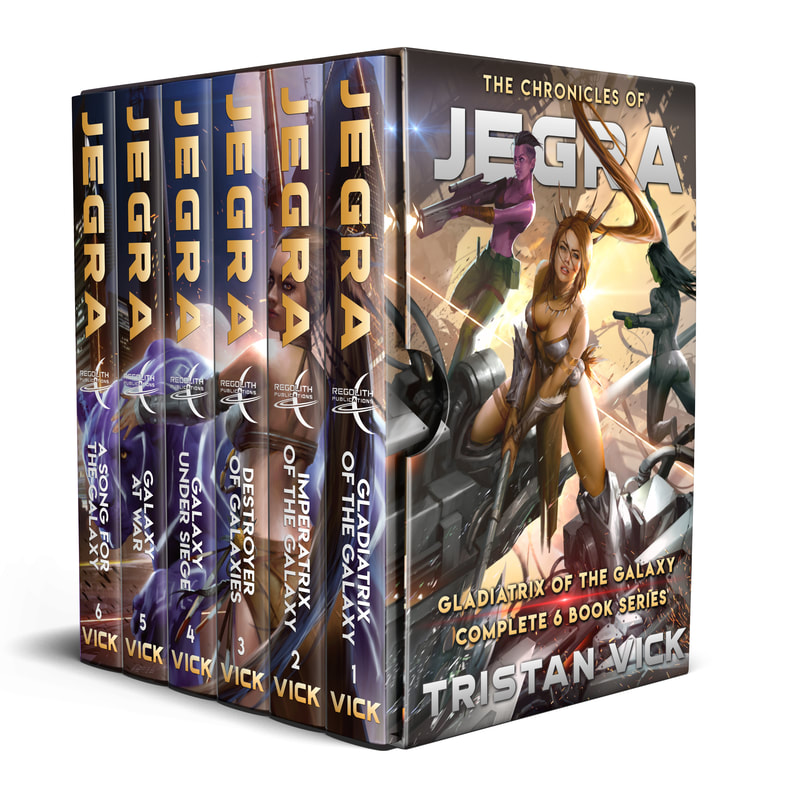
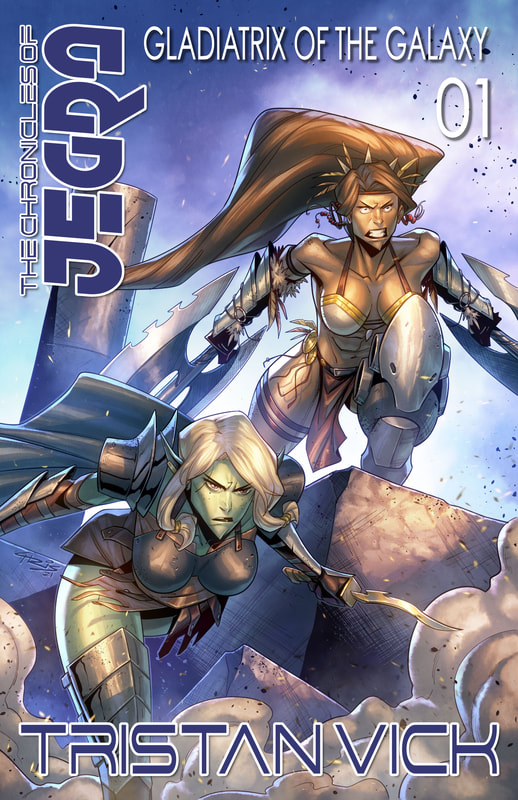
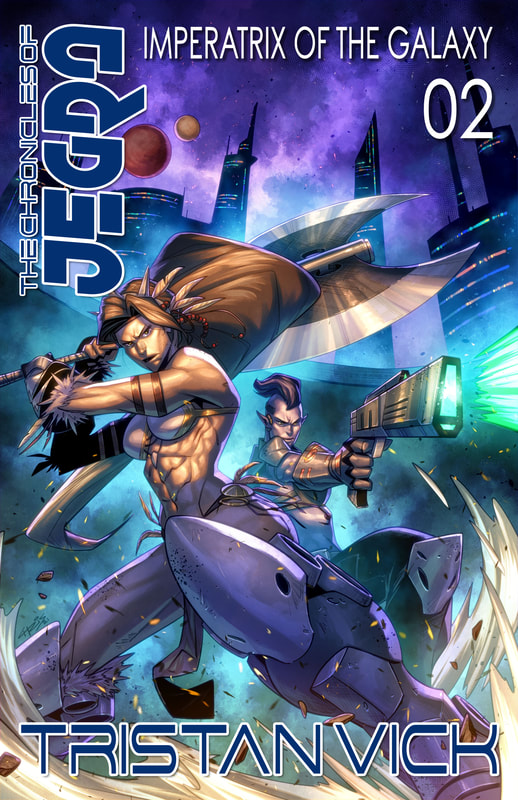
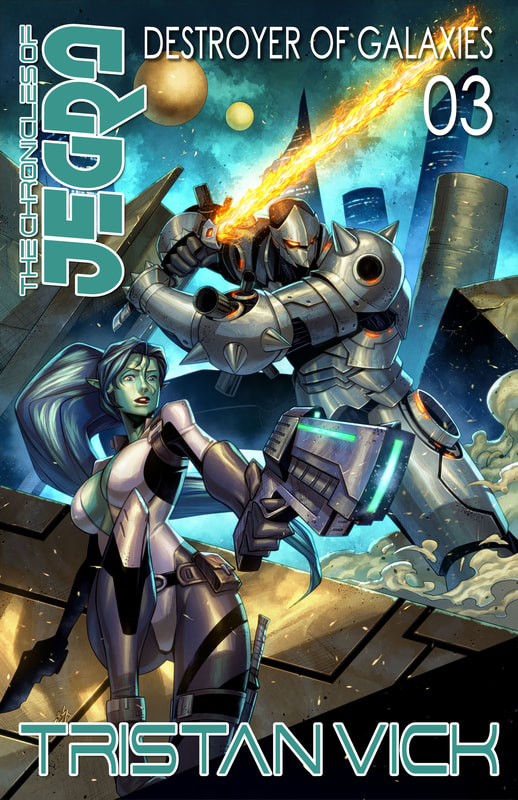
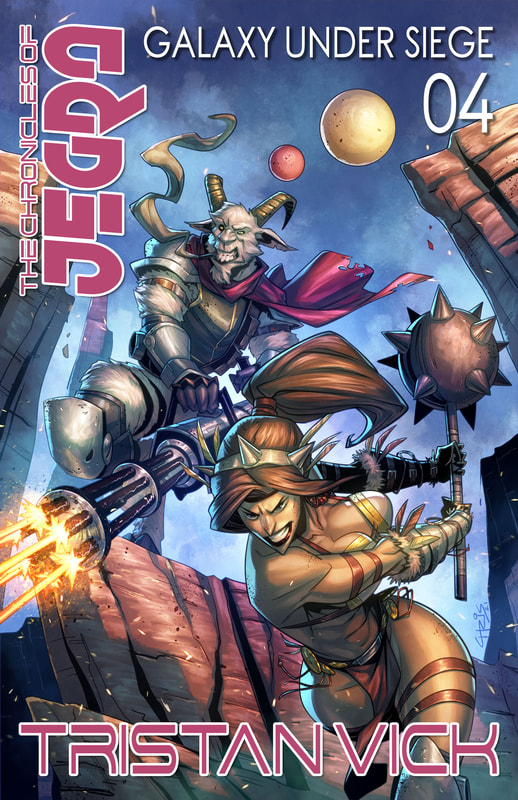
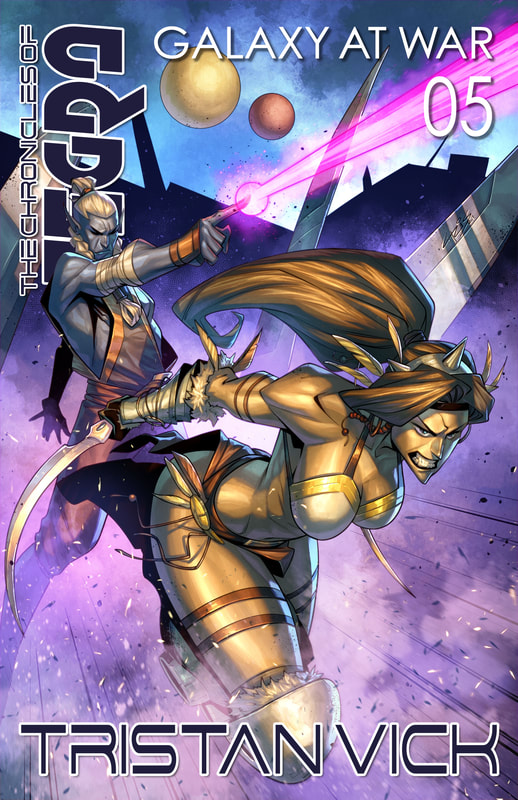
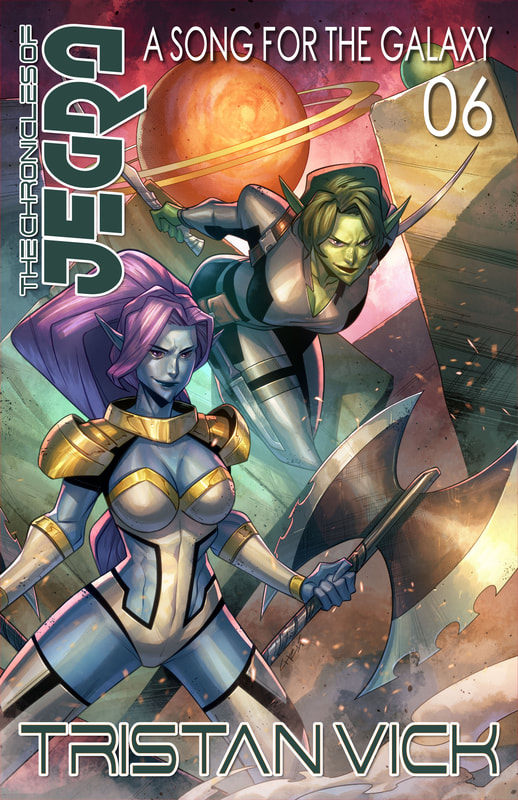
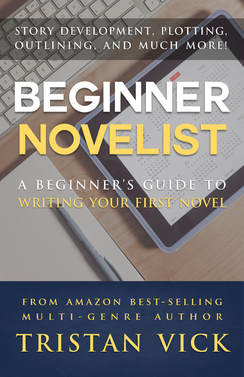
 RSS Feed
RSS Feed
